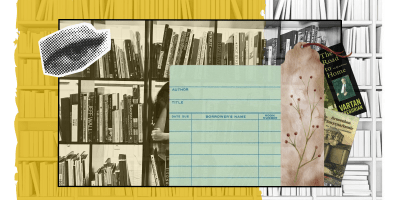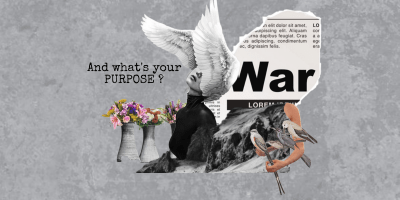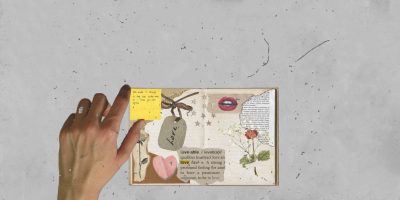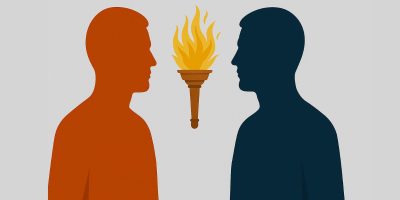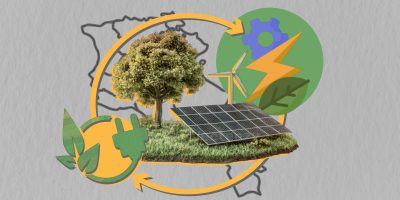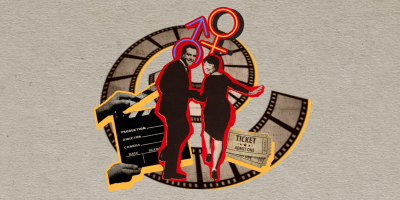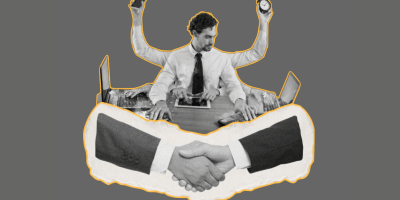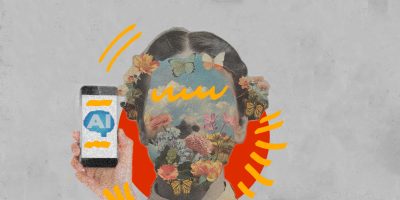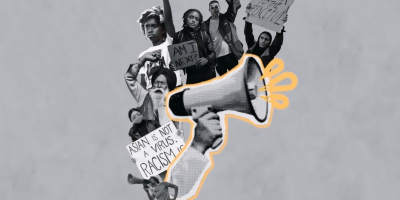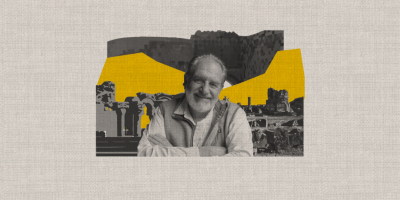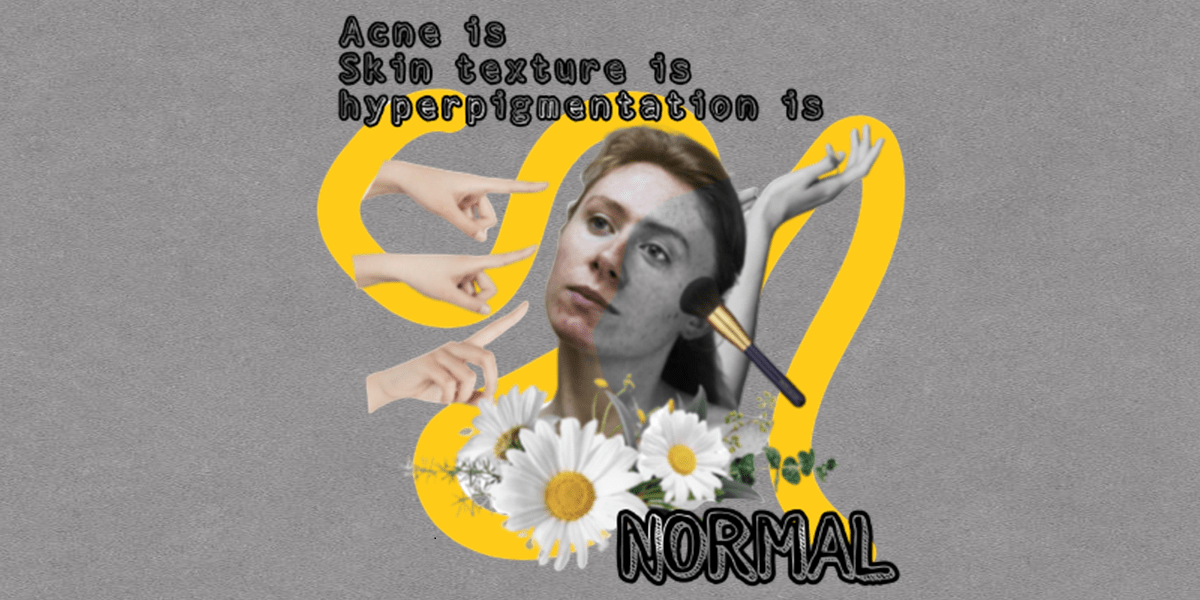
You wake up and make your way to the bathroom. You open the cabinet; 10 products proudly stand on the shelf like soldiers before a march. You pick up the $50 cleanser and start washing your face. The ritual is followed by the other nine products ranging from serums to creams. You take one last look at your face in the mirror and then go on with your day. At work, you see your coworker staring at your face. A conversation starts. Acne is the topic of the day. She brags about her clean skin and suggests, “Just wash your face every morning and night. That’s what I do.”
Acne is one of the points on the “no-no list” society has created concerning beauty and attractiveness. It is expected that we walk around with perfectly clear skin. Acne is when your pores or hair follicles get clogged with dead skin cells, oils or bacteria.
Around 85% of people have acne globally. It is not just a teenage problem; 25% of women and 12% of men have acne in their 40s. The reasons and triggers vary from hormonal imbalances, genetics, living environment, diet or stress. There are certain measures that people can take to treat or cure acne, but it can be a challenging process.
Sona Avetisian, an EC senior, recalls having acne at 12 when she began menstruating. “Obviously, it happens when your body is growing, but it was just too much for me at that time,” says Sona. She attended a Russian school. Hence she already felt that she looked different from everyone else and thought she was the only one dealing with acne.
Beauty standards are a social construct, but sometimes we are impacted by those closest to us. “I was pressured by my mom. I know she was trying to take care of me, but for me, as a young teenager, I was doubting myself,” she says. The memories of her mother constantly popping pimples on her face or shoulders still live within her.
In recent years, people have become more aware of acne and try to be more understanding, yet they react “as if it is something natural, but you have to deal with it if you want to be beautiful,” says Sona. “I wish I knew that it does not affect how beautiful I am. I wish I knew that it does not mean I am not less pretty than other girls. I wish I knew that it is a normal thing,” she wishes to tell her younger self, who questioned her beauty and worth.
“I had acne since I don’t even remember from middle school. I still have it if I don’t properly take care of my skin and my mood does depend on their existence on my skin,” says Armine Papikyan, a DS Senior. She uses makeup to cover them as much as she can and does not tie her hair up so her face is not too exposed.
The people surrounding Armine have been considerate about making comments about her acne. But sometimes, the battle within ourselves is harder to conquer. “I haven’t accepted it and I’m not ashamed of it. I don’t like pimples and breakouts on my face, but every once in a while, I have them — a few or many, and although it’s not the best thing, I’ve been kind of getting used to it,” says Armine. Her wish is to accept that “it’s not as visible to others as I used to think it was.”
Nadezda Zargaryan, an EC junior, started having breakouts at the age of 12, as Avetisian did. She remembers that at that time, she did not have any knowledge of how to take care of acne. All she knew was “applying toothpaste on the pimple overnight.” Nadezda was bullied because of her acne, especially around the age of 14, when it got worse. She started using makeup to try to cover it since she was not able to go to a dermatologist until she was 19.
In fact, recurring appointments and skincare products can be costly, especially when some products are hard to find in Armenia. “Unfortunately, 20% of my budget goes to my treatment, either to my doctor or the prescriptions he gives,” says Nadezda. For her, it is hard to accept herself with acne. “I wish I knew that it is not about the dirtiness. Acne is a health-related problem. It is not a hygiene problem. And a lot of people have acne, like celebrities. They just hide it and many more people suffer from it than you think.”
Acne is normal. Skin texture is normal. Hyperpigmentation is normal. People struggling with acne do not want to be advised to wash their face or apply baking soda mixed with lemon juice. Do not point out to someone that they have a pimple on their cheek because that person already knows and has probably applied multiple topical treatments on it before getting out of the house with tears in their eyes. It is not an easy process to completely treat or cure acne. And that does not make anyone less beautiful.

